PET PROJECT
A veterinarian says treating animals gives her joy, Yang Feiyue reports.

Dong Wei couldn't help but burst into tears on a late March day, when the Beijing resident in her early 40s saw a couple bid farewell to their cat, which had to be put down because of an illness.
Dong saw the client reluctantly sign off on a letter of approval and then squat beside the cat, crying and comforting it until it died.
"It was so emotional seeing them repeatedly say goodbye to it," Dong says.
Being a veterinarian for 18 years, Dong is still susceptible to such heartbreaking scenes. Prior encounters with owners have given Dong good measure of their love toward pets.
At first, the couple thought they had planned for the worst when they found the cat hadn't been able to walk for a while.
"They were going to take care of the cat, even if it couldn't walk again," Dong recalls.
Yet, blood test at Dong's clinic showed it was caused by a severe thrombosis, which would constantly put the cat through pain and have a slim chance of being cured. It was when euthanasia was probably the best option. The couple kept confirming the diagnosis, desperate for a better prognosis, and brought their child for the last meeting with the cat.
"It is a lifelong memory," Dong says.
If there is any consolation, it is the knowledge that the cat was finally released from pain.
Over the years, Dong has dealt with various pet owners during her treatment of their furry friends.
Most people see their pets as family and are very concerned when the animals get sick, she says.
Dong usually sees 30 to 40 pets a day during outpatient services, but the number drops if operations are scheduled.
Some simple cases take about 20 minutes each, while more difficult procedures such as for tumors and bone fractures require three to four hours.
Dong says veterinarians play an important role in interpreting an animal's pain to human clients, who have the final say on the related treatment.
"Pets usually have a high tolerance for pain, and it is probably in very late stages when they give some sort of signals for help,"Dong says.
Most of the time, veterinarians recommend operations when the prognosis is good. In some cases, although stakes are high, surgery could significantly improve a pet's life.
"But to take it or not, it's completely up to the owners at the end of the day," Dong says.
Usually costs and time are major issues that come into the equation.
The medical expenditure usually ranges from a few hundred yuan to 4,000 yuan ($628) or more. A few procedures might take more than 10,000 yuan, such as dialysis. As for time, owners often have to send pets for regular treatments, such as intravenous injections.
"So if you really decide to keep a pet, you have to be prepared to take care of it, especially in its senior years," Dong says.
Dong's father was in veterinary medicine. She has been around animals. She had a dog, a rabbit, a hedgehog and fish as pets in her childhood.
"As the only child in my family, I loved their company, especially when I was alone, and I felt I could confide in them," she says.
When Dong witnessed an emaciated horse get back on its feet after her father's treatment at a clinic of the China Agricultural University, she found her calling. Dong's father, Dong Yuenong, mainly treated horses and cattle for rural productions in the 1970s, when veterinary medicine was in its infancy in China. As mechanical equipment developed, big animals were replaced and fewer of them showed up at his workplace. Changes happened in the 1980s, when people began to bring in pets for treatment, Dong Yuenong recalls.
Dong Wei followed in her father's footsteps and spent five years studying veterinary medicine at the same university. She has worked at a pet clinic in Beijing's Haidian district after graduation in 2004. She has been honing her skills and updating knowledge in the field since then.
"You have to be on solid ground in basic operations and anatomy," Dong says, adding that actions like ligature of blood vessels require a lot of practice.
"We keep close taps on their breath, tongue color, secretion of tears and saliva," she says about operations on pets. "Every little change might ask for adjustment in a surgery."
Dong says she still feels pressure whenever she is on the operating table. "You have to be fully committed and do your best for every operation, big or small, out of responsibility toward the animals and the trust their owners place on you."
Despite all the challenges, she has never doubted her choice of profession. She often has to work overtime and deals with emergencies in the middle of the night. Some clients send text messages in the wee hours when their pets' problems arise, so Dong never turns off her phone. However, a sense of satisfaction is achieved when Dong manages to overcome challenges. "It is probably the greatest joy in my job."
Her father is supportive of her career.
"I urge her to keep abreast of development in the field, and keep a book on hand and read it in free time," Dong Yuenong says. "The industry is upgrading quickly, and if you stay put, you are lagging behind."
Dong Yuenong is still occupied after retiring several years ago. Under her father's influence, Dong Wei has regularly subscribed to veterinary medicine seminars to enrich her expertise. She has managed to give a second lease of life to many pets with kidney problems since her hospital started offering blood dialysis in 2014. Before that, animals with related problems were usually considered "given a death sentence".
"It's like opportunities for me to free more animals from pain," she says.
Speaking about her growth after years of practice, Dong says she's better at connecting the dots and seeing a picture of animal problems. For example, some symptoms like vomiting might indicate more serious problems with the pancreas or liver, if the pet is in senior age, she says.
"The owners will trust you more when their pets get better under your advice, which has also given me more confidence in communicating with them," Dong says.
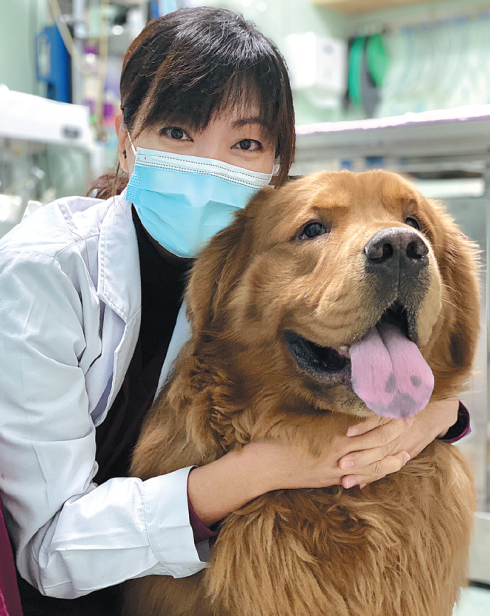
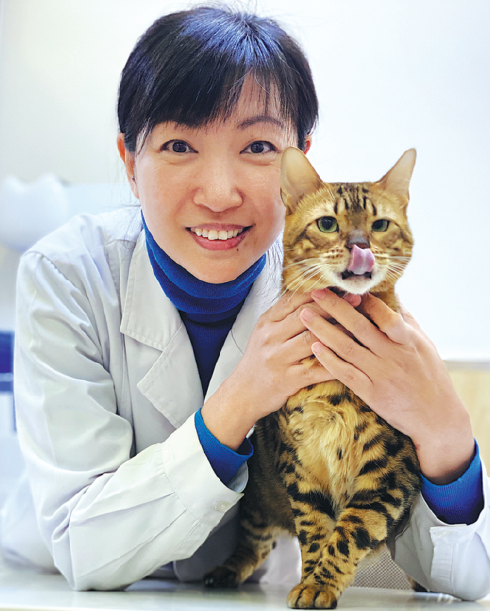
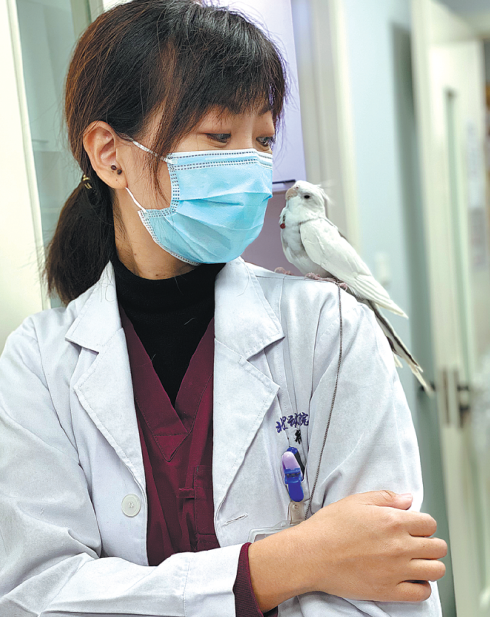
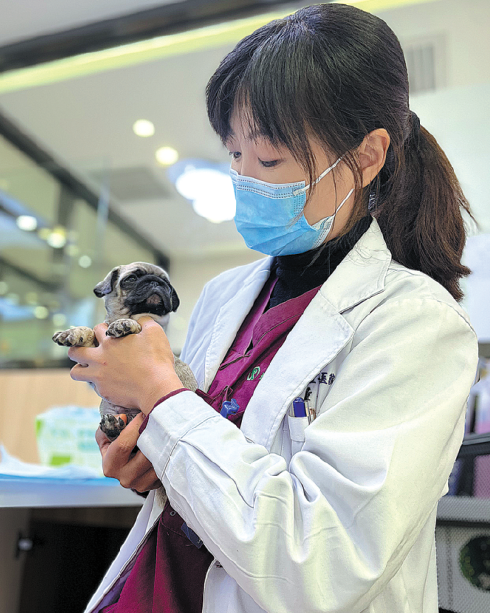
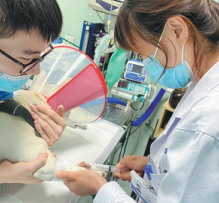
Today's Top News
- China's industrial profits down 1.8% in H1
- Thailand responds to Trump's ceasefire call
- Recall vote shows DPP's manipulation runs against Taiwan people's will: mainland spokesperson
- Top DPRK leader visits China-DPRK Friendship Tower
- China proposes global cooperation body on AI
- Scholars propose inclusive human rights framework






























